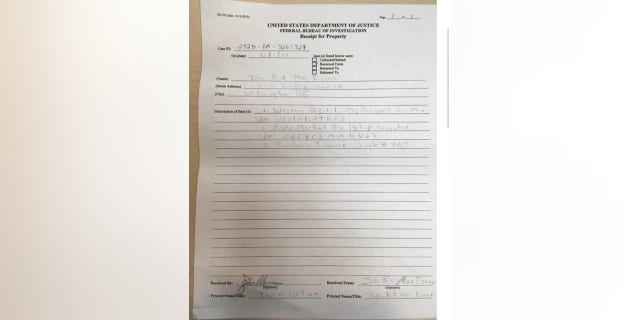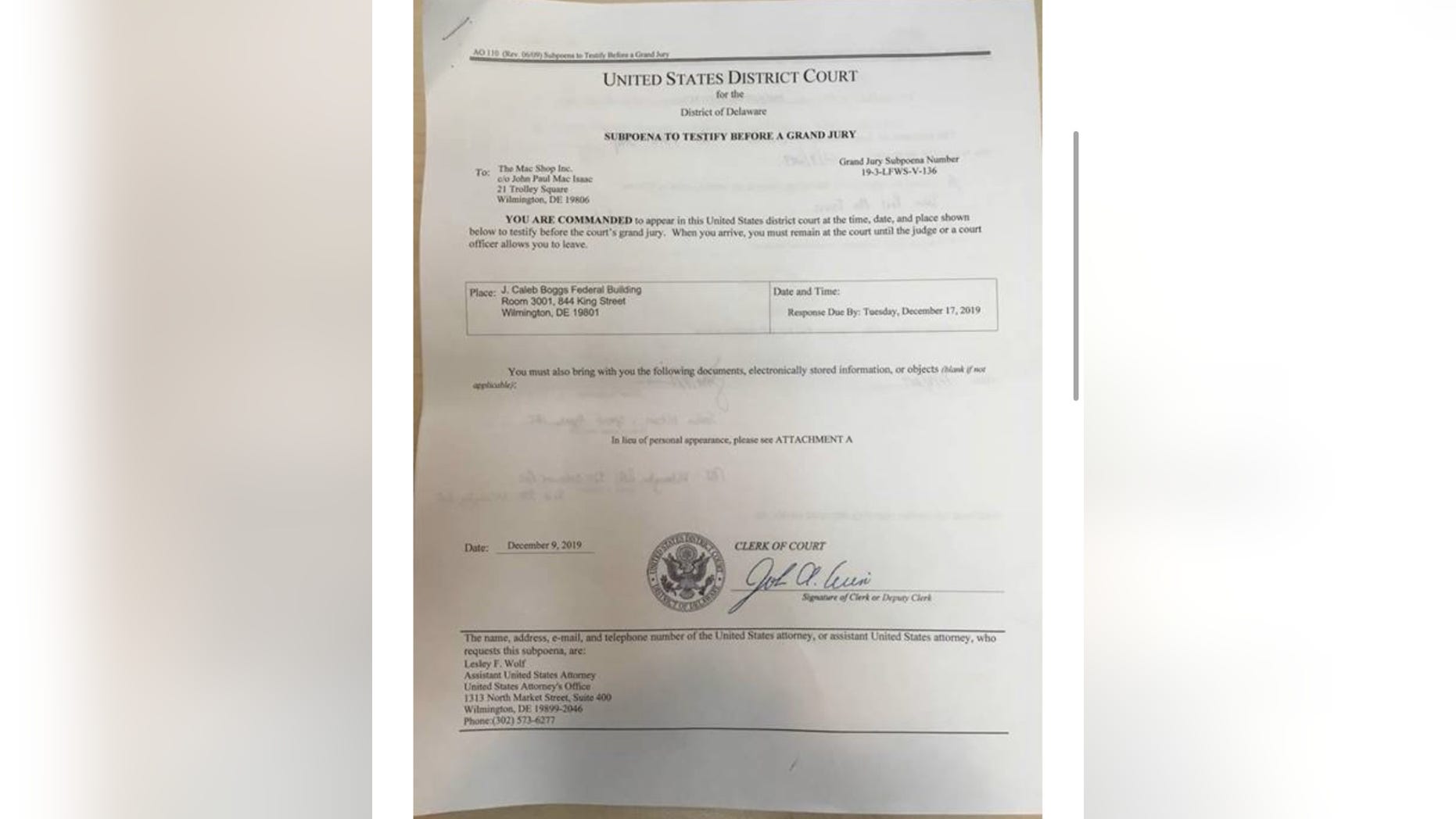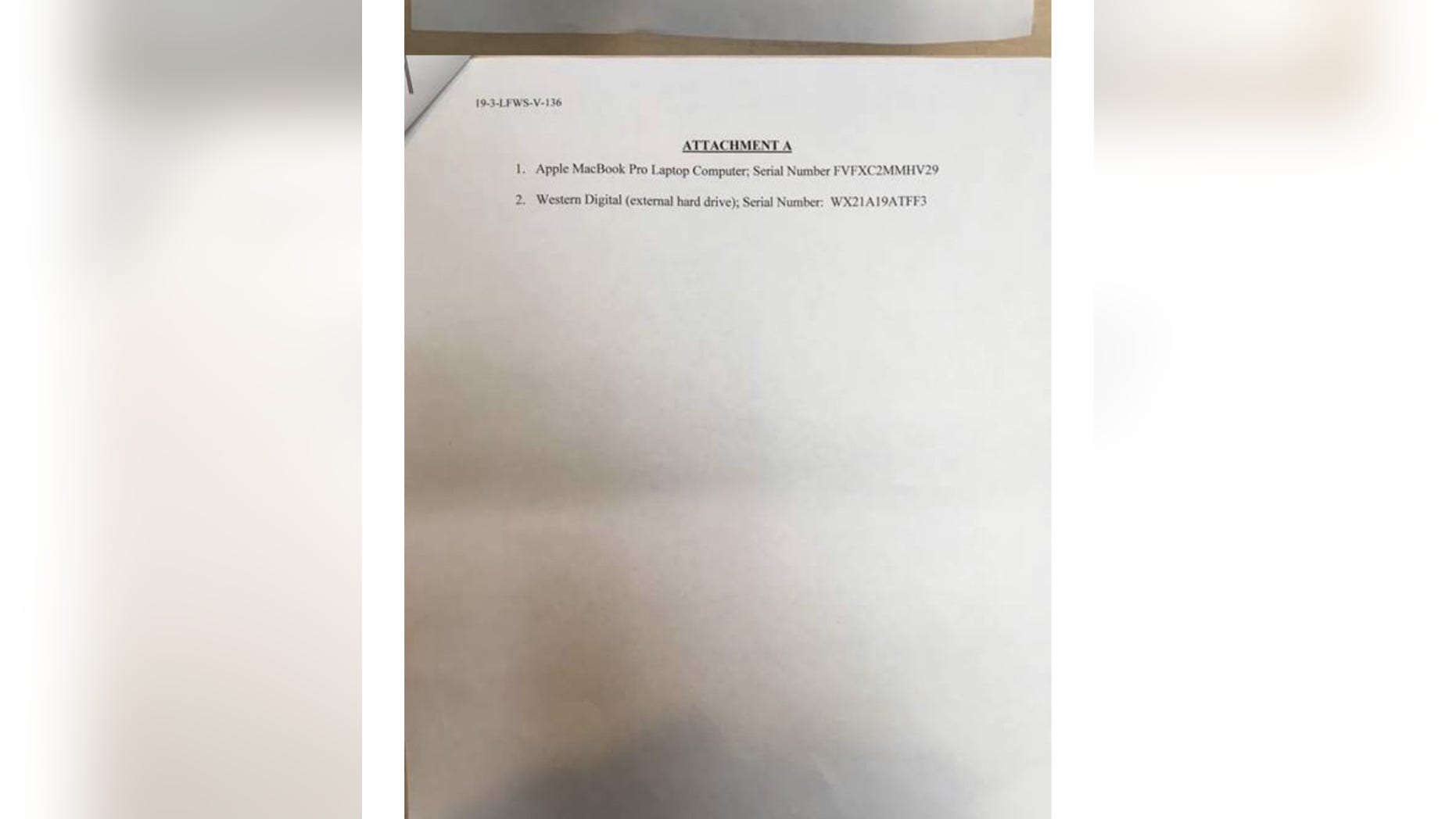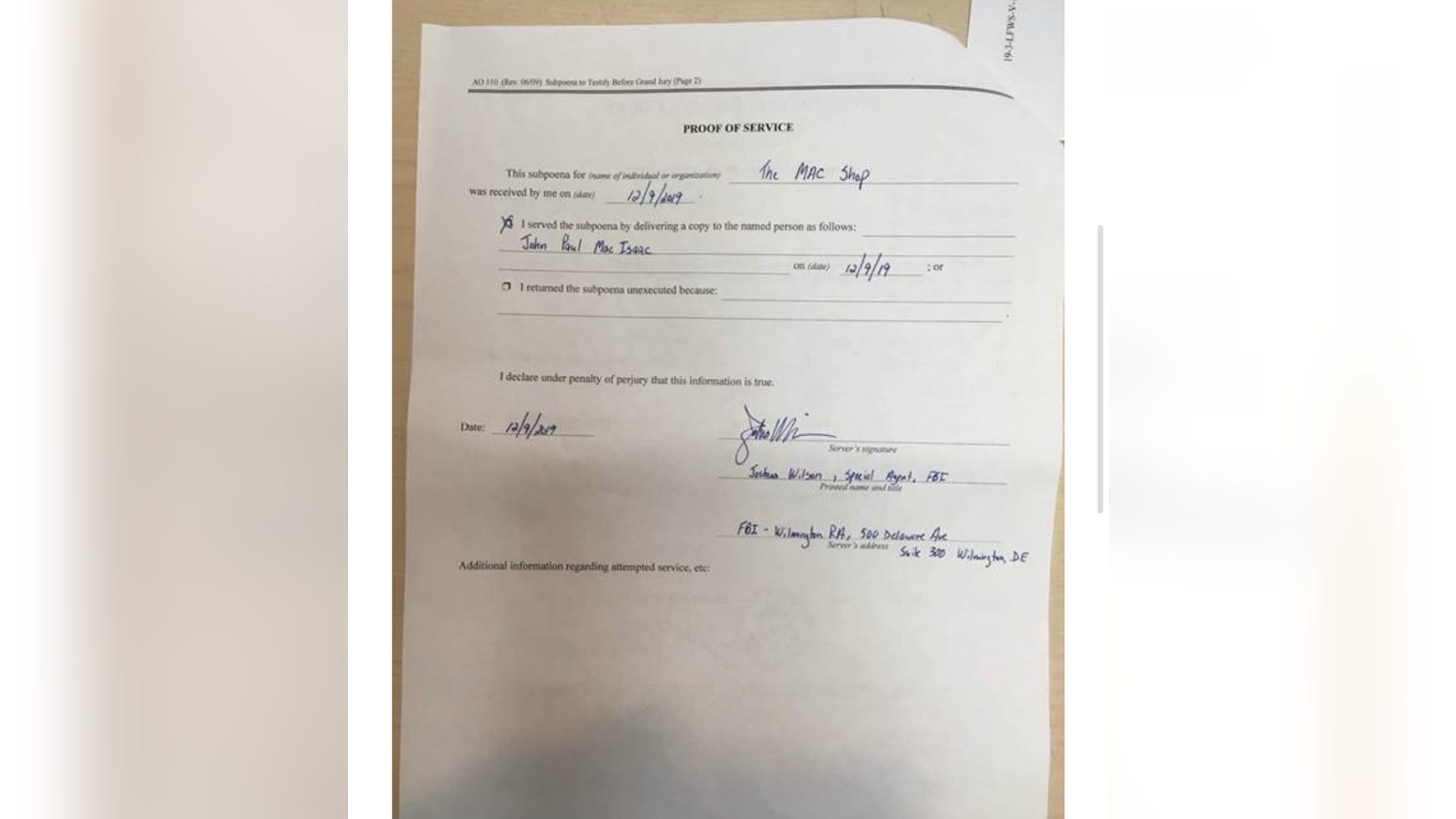As the news breaks from Operation Warp Speed (Trump Administration) on the news of Pfizer’s vaccine. As announced by StatNews:
Pfizer and partner BioNTech said Monday that their vaccine against Covid-19 was strongly effective, exceeding expectations with results that are likely to be met with cautious excitement — and relief — in the face of the global pandemic.
The vaccine is the first to be tested in the United States to generate late-stage data. The companies said an early analysis of the results showed that individuals who received two injections of the vaccine three weeks apart experienced more than 90% fewer cases of symptomatic Covid-19 than those who received a placebo. For months, researchers have cautioned that a vaccine that might only be 60% or 70% effective.
The Phase 3 study is ongoing and additional data could affect results.
In keeping with guidance from the Food and Drug Administration, the companies will not file for an emergency use authorization to distribute the vaccine until they reach another milestone: when half of the patients in their study have been observed for any safety issues for at least two months following their second dose. Pfizer expects to cross that threshold in the third week of November. More here.
Exactly what is presumptive president elect Biden’s plan and will he take full credit for the remarkable work of the Trump White House?
Well, let’s look at that shall we?
Source in part with additional context: The experts include Rick Bright, the former director of the Biomedical Advanced Research and Development Authority (BARDA) who said he was forced out his position earlier this year after opposing promoting unproven treatments.(Bright was fired from HHS and became a whistle-blower for fully disagreeing with hydroxychloroquine.
Bioethicist and oncologist Zeke Emanuel, who served as former adviser to the Obama administration on the Affordable Care Act and is brother of former White House chief of staff Rahm Emanuel, and Atul Gawande, a surgeon who served as advisor to the Clinton and Obama administrations, will also serve on the panel. (Emanuel was the cat that believes people — particularly the aged — who aren’t contributing materially to society should get out of the way for the benefit of the strong. And, Emanuel was a prime architect of the Affordable Care Act, or Obamacare, and remains one of the law’s most enthusiastic apologists. Readers may also recall his infamous 2014 article in The Atlantic, where he wrote that he wants to die at age 75 — implying that we should too — because people after that age become “feeble, ineffectual, even pathetic.”
Dr. Ezekiel J. Emanuel is the vice provost for global initiatives and a professor at the University of Pennsylvania.
He’s also a special adviser to the director-general of the World Health Organization (WHO) as well as a senior fellow at the Center for American Progress. If asked to put a chip on the betting calendar as to when we return to at least a “new normal,” where are you willing to place yours?
I’ve been saying this for months and I’ll continue to say it: November 2021. Even if we get a vaccine and have to play out getting it out there, it’s November 2021. I’m sticking with it. Source
Other experts who will serve as co-chairs include Vivek Murthy, a former surgeon general who served under the Obama administration; David Kessler, former commissioner of the Food and Drug Administration; and Marcella Nunez-Smith, an associate professor of internal medicine, public health and management and the founding director of the Equity Research and Innovation Center. (Marcella Nunez-Smith is at the core of blaming discrimination of healthcare and the pandemic on race.
The three also served as advisers on Biden’s campaign.
“Dealing with the coronavirus pandemic is one of the most important battles our administration will face, and I will be informed by science and by experts,” the president-elect said in a statement.
Biden had announced plans shorty after being projected winner of the presidential election on Saturday to name “a group of leading scientists and experts as transition advisers to help take the Biden-Harris COVID plan and convert it into an action blueprint” that will start in January, when he is inaugurated.
“That plan will be built on bedrock science,” he said.
Meanwhile….the Biden operation is also drafting nominees for cabinet posts:
The Biden transition team, which has been working behind-the-scenes since Labor Day, also has preferred candidates in mind for major Cabinet posts that require Senate confirmation and positions inside the West Wing that do not. The Cabinet announcements are not expected for a few weeks, aides said, and some are likely to be delayed even longer until it’s known who will control the Senate following the January run-offs in Georgia.Ron Klain, a longtime adviser to Biden and his chief of staff during the early years of the Obama administration, is a leading contender to be White House chief of staff, people close to the process tell CNN.The Biden transition is a robust effort with two Biden advisers, Jeff Zients and Ted Kaufman, taking the primary lead in overseeing these ongoing efforts. Anita Dunn, a senior adviser to the Biden campaign and former White House communications director, is another one of the co-chairs, along with New Mexico Gov. Michelle Lujan Grisham, and Louisiana Rep. Cedric Richmond.








